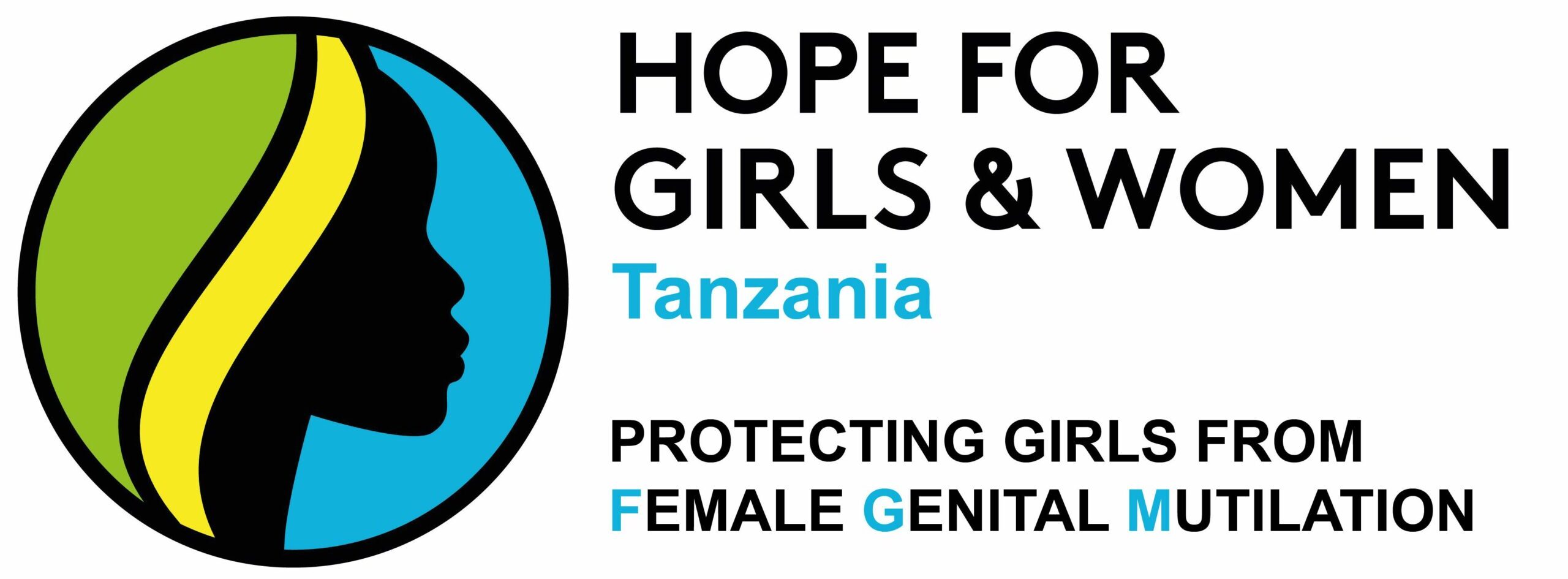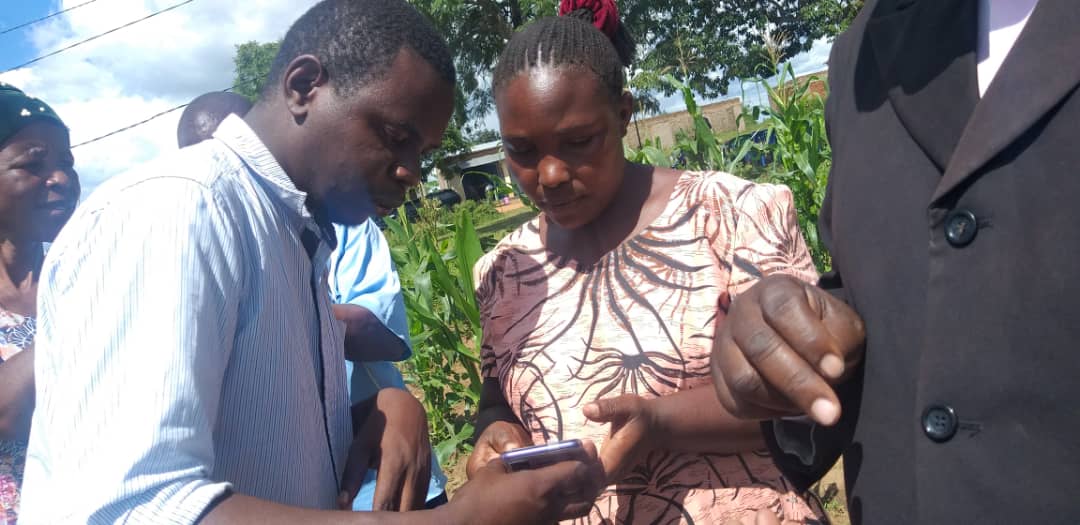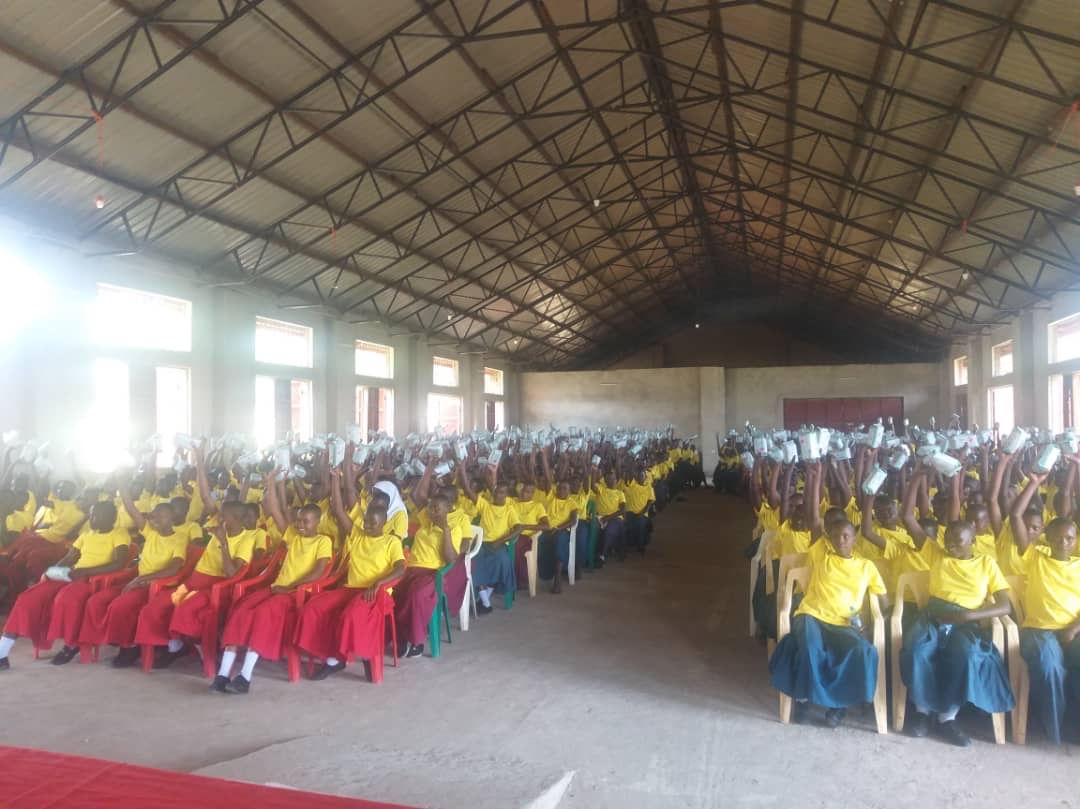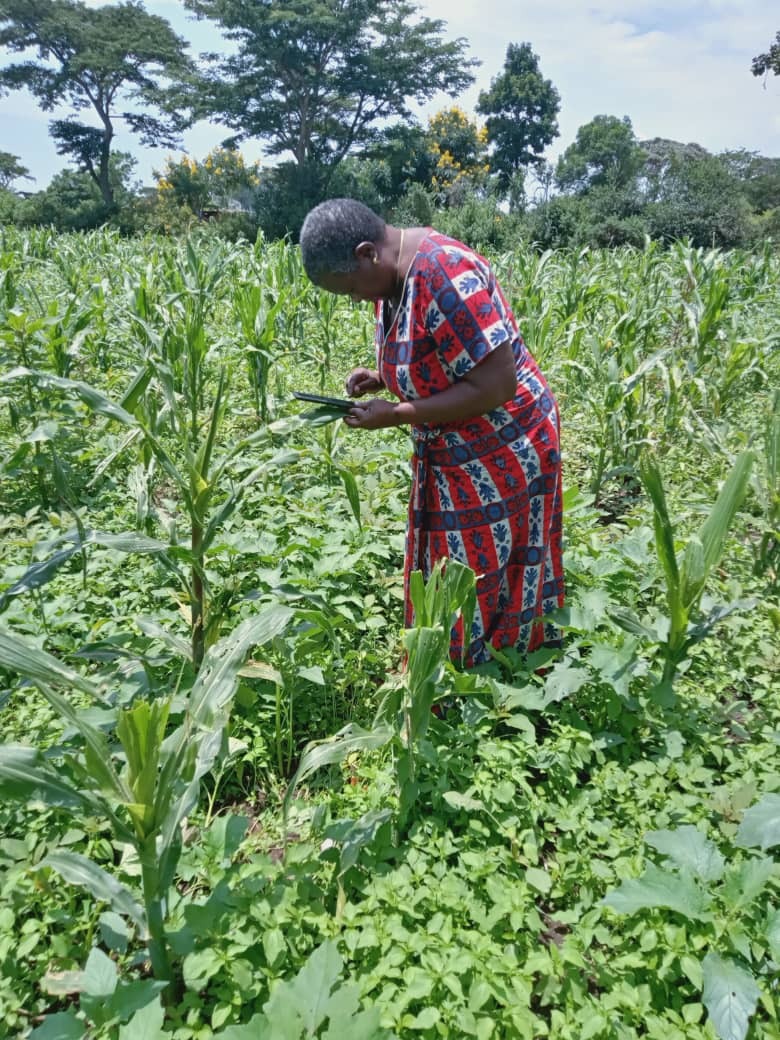Between November 25th and December 30th 2021, Hope for Girls and Women Tanzania worked with the Serengeti District Office (District Community Development Officer, District Social Welfare) and Gender Desk Police Officers to create awareness of FGM and GBV, through meetings, roadshows and village outreach.

These sessions were organised to bring awareness to Mugumu-Serengeti villages such as Itununu, Rung’abure, Manyata, Gesarya, Kebanchabancha, Gwikongo, Merenga, Tamkeri, Mbilikiri, and Bisarara, which have been identified as having a high number of Gender-Based Violence (GBV) cases recently. Our work during this period focused on educating the communities on the impact of GBV and Female Genital Mutilation (FGM), and Alternative Rites of Passage to the community. There were a total of 9,723 men and 15,009 women reached directly through the sessions.
A collaborative approach to ending GBV and FGM
Hope for Girls and Women organised a forum in collaboration with Serengeti District Office (District Community Development Officer, District Social Welfare officers), Gender Desk Police, Serengeti District Commissioner, and District Judge, which a total of 100 people attended.
The forum attendee list included retired cutters, retired elders, Digital Champions, church leaders, village executive officers, community members, and other partners. The purpose was to have a dialogue on the best approach to mitigate FGM and GBV by law, in order for communities to abandon these traditions, which hinder the safety of girls and women and their rights.
The discussion was held as a dialogue for both sides to share their insight about the issues of GBV and FGM in our community from the District level to the community level. The Dialogue was led by the District Commissioner.
The outcome of the FGM and GBV forum
We all agreed on working closely together to make sure education about the impact of GBV and FGM can be given to the community starting at a family level, church, schools, and even through the media.
Police and court officers, village executive officers, and community members were encouraged to work together to ensure all parties are collaborating to rebuke GBV and FGM in our community.
Encouraging girls to stand up and say no
On December 15th 2021, 150 members of Tanzania and Zanzibar Gender Police Desks, accompanied by the Regional Police Commander, visited Butiama Safe House and spoke to the girls to encourage them to stand against all odds. They shared insight on how we can work together on helping the fight against GBV and FGM in the Mara region.

If you would like to make a donation to help us continue our important work in Tanzania, please find out more here.
If you are interested in sponsoring the education of girls in our care, please read more here.
If you wish to get in contact, you can find our contact details here.















